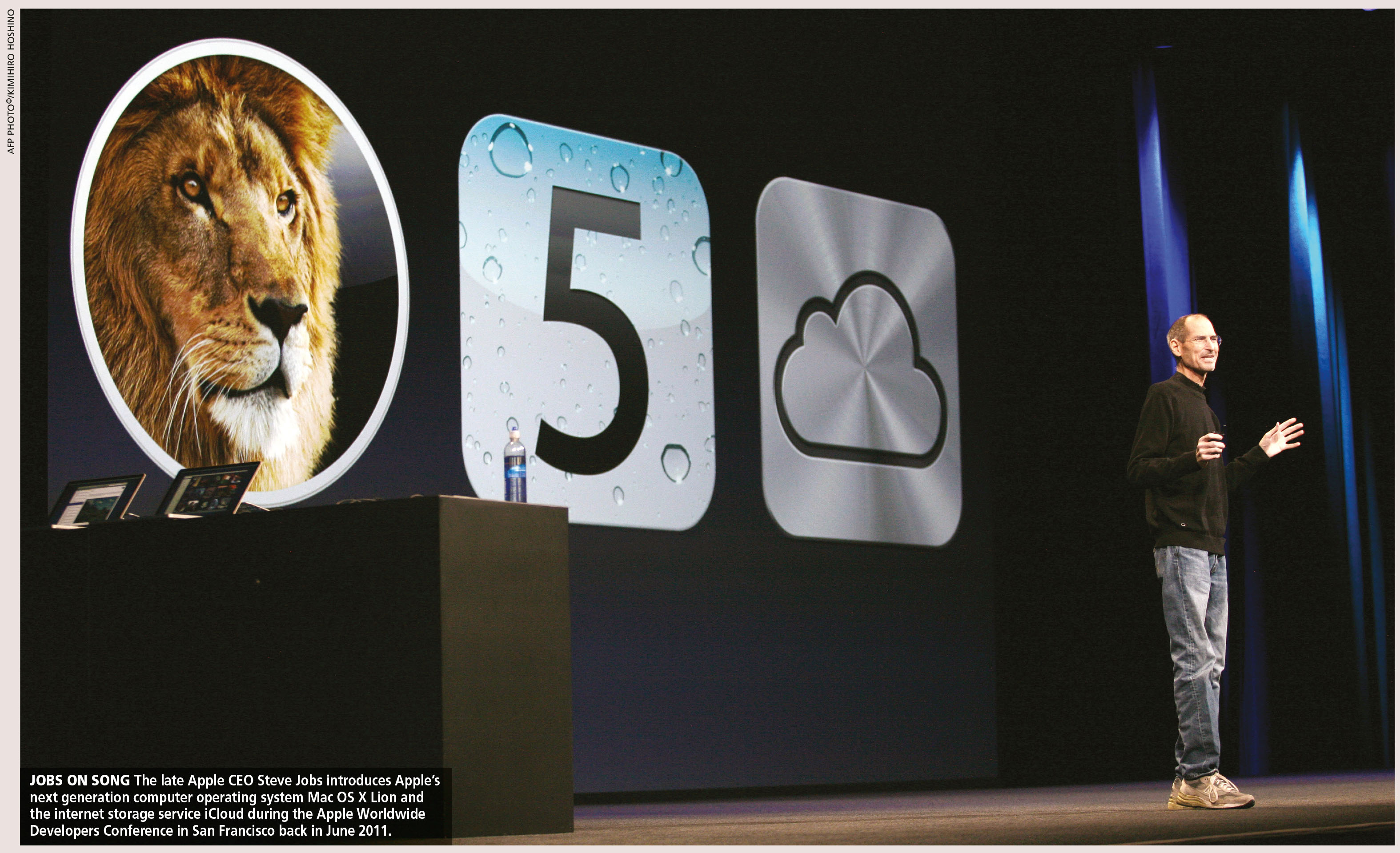LEADERSHIP DEVELOPMENT
STEERING A CORPORATE SHIP
Sanjeewaka Kulathunga assesses the role of leadership in what is a volatile future for business
Amid a constant flow of information, virtually every aspect of human civilisation has shifted to complex and uncertain dimensions. In such a context, conservative models of leadership can no longer stand in the way of challenges stemming from volatile political, social, economic, technological and legal environments.
Since ancient times, leadership has played a key role in recorded human history and is one of the world’s oldest obsessions. It is also one of the most sought after concepts, researched and developed in academic and corporate contexts, going beyond geographical and cultural boundaries.
The effectiveness of leadership will be determined by how capable leaders are in minimising or eradicating uncertainty, ambiguity, paradoxes and chaos in the upcoming conceptual age. Due to the rapid proliferation of advanced ICT, the corporate world is constantly changing amid a higher degree of global complexity in the business environment.
Future business leaders should be able to understand the intensive and extensive aspects of uncertainty, ambiguity, paradoxes and chaos in their industries.
Every moment of contemporary business is more critical than in the past due to the rapid dissemination of negative and unreliable market information, as well as trends through digital platforms. This has created a set of uncertain, ambiguous, paradoxical or chaotic conditions in which corporate executives must prove the credibility of their leadership approach by strategically managing digital information.
While retaining basic skills and traits, a radical transformation of leadership is needed to confront 21st century business challenges. Leaders should be self-motivated to transform any uncertain, ambiguous, paradoxical or chaotic business condition into a certain and clear one through a strategic solution, while winning the trust of organisational peers and other stakeholders.
The late CEO of Apple Steve Jobs was self-motivated in building trust in his team and won the global premium market segment for the iPhone, iPad and MacBook series, amid ambiguously paradoxical competition from rivals such as Samsung and Huawei.
In unpredictable circumstances, corporate leaders must be open-minded to welcome feedback from staff members, emphasising the effectiveness of two-way communication in the organisational culture. They must demonstrate tolerance and courage in accepting the bitter truth of data and information, overcoming the blind spot of mistrust.
Future leaders need not be perfect in every aspect of life but they should be realistic and down-to-earth, having understood their own strengths and weaknesses through a candid self-assessment.
In an imperfect business world, nobody can survive as perfect corporate executives free of imperfection in decision making. This authentic awareness among leaders could influence stakeholders to salvage companies stuck in uncertain and paradoxical corporate quicksand.
To be able to face doubtful and chaotic business circumstances, leaders should be endowed with a greater degree of relational and social capital, to build mutual understanding and trust between employees and management – and thereby clear the path to corporate success. Empathy and analytical strengths must be developed as key leadership skills within relational capital. Business leaders should establish prerequisites for how company knowledge is effectively managed to minimise and prevent the negative impact of instability in a long-term business strategy.
Currently, global businesses are run on the basis of digital marketing, and financial, human resource product and operational information. Misinterpretation of this information could wreak havoc with irreparable damage to the entire organisational process.
Therefore, business leaders must focus on including conceptual value in corporate information with the utmost integrity while
also ensuring that the sources of information gathered through external parties for business decision making are reliable.
Business leaders must arm themselves with broad conceptual knowledge and proper awareness to navigate their organisations through the violent storms of uncertainty, ambiguity, paradoxes and chaos, due to constant changes in the global digital economy and society.
Furthermore, scattered and diverse marketing perceptions must be comprehended by leaders. Rather than executing a paradigm shift, most company leaders have become victims of paradigm blindness due to conceptual myopia.
Elon Musk is an example of 21st century leadership – a conceptually out-of-the-box corporate leader effectively steering seemingly incompatible business ventures such as aerospace manufacturing (SpaceX), self-driving automobiles and energy manufacturing (Tesla), tunnel construction (The Boring Company) and online payment systems (PayPal).





